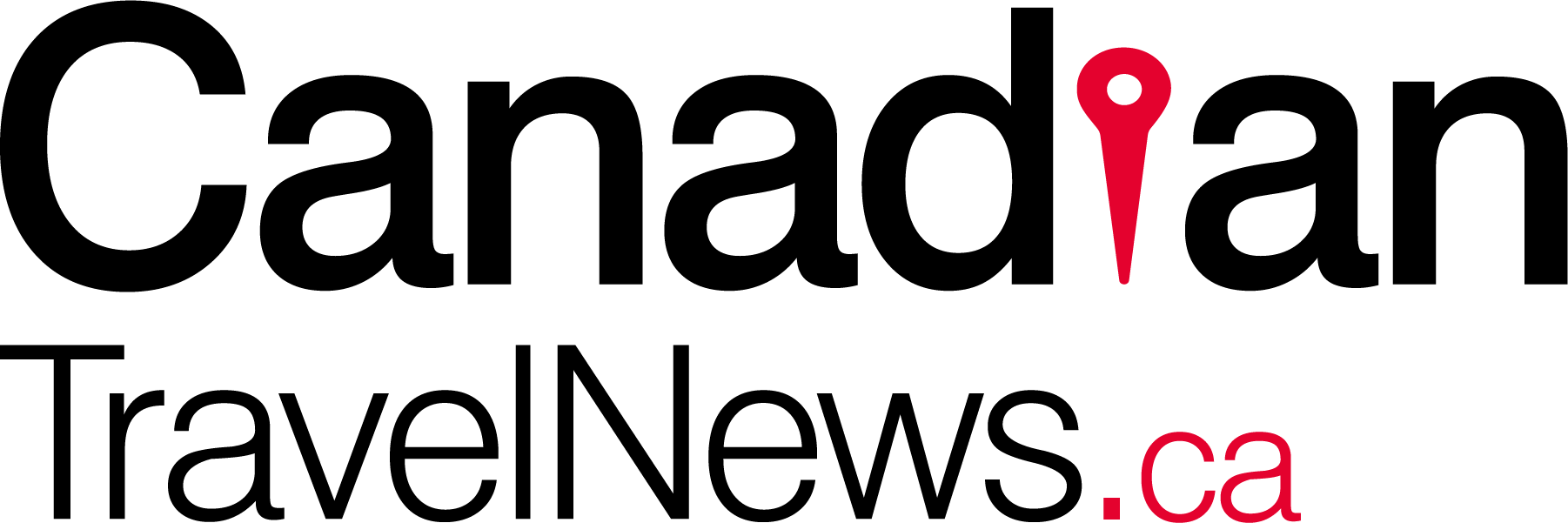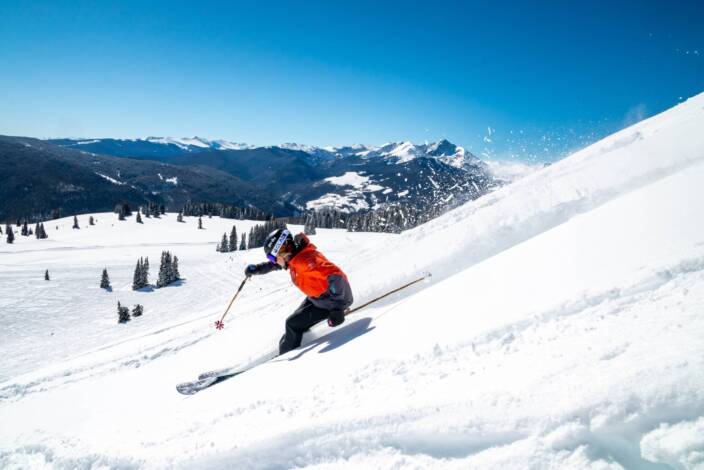
Parks Canada Visitor Season Kicks Off: Many Canadian Sites Already Booked
May 21, 2021 Jim Byers
Parks Canada kicks off its visitor season this weekend as interest in the great outdoors soars to record heights.
A spokesman for Parks Canada says they’re experienced four consecutive years of record-setting demand for early reservations, and that demand is expected to be even higher this year. Ontario Parks spokesman Jeff Brown said reservations this year are up about 160% from the same time last year.
“It’s looking like a busy summer for us, though we are not completely full,” Brown said.
Tens of thousands of Canadian logged onto the Parks Canada system in April when on-line reservations opened.
“The demand from Canadians to go camping this year is extremely high” as Canadians look to get outdoors while staying close to home for their vacations, said Parks Canada spokesman Guy Theriault. “Some locations are very popular, and reservations fill up quickly.
“Due to heightened demand, visitors are encouraged to be flexible, consider visiting during the week rather than weekends or visiting during shoulder seasons, or explore lesser known, but equally spectacular, hidden gems by visiting the Parks Canada website for travel guidance and options,” he said.
In Alberta, Banff and Jasper are the kings that everyone knows about. But Waterton Lakes National Park, a couple hours south of Calgary, is equally spectacular and doesn’t get nearly the traffic. Yoho National Park in British Columbia, which has rugged mountains, rushing rivers and stunning waterfalls, is far less crowded than Lake Louise but is only a half-hour away.
Theriault said visitors should also remember that local services in many communities may be limited and some services remain closed/limited in access across the country.”
Parks Canada is asking Canadians to respect any local and provincial or territorial travel restrictions for communities in or near Parks Canada administered places. Visitors should ensure they have a place to stay reserved in advance before they travel.
Parks Canada also encourages people to cancel early if they are unable to arrive at the campground, through both financial incentives (refunds) and reminder emails. The Parks Canada reservation service website (www.reservation.pc.gc.ca) is a great tool for last-minute reservations as it is updated in real time, and reservations for frontcountry camping can generally be made until 2 p.m. local park time for that same evening (the date of arrival).
Visitors are reminded to plan ahead and make safe choices to ensure a safe and enjoyable experience.

“Spending time in nature and outdoors has a number of health and wellness benefits,” Parks Canada officials said. “As Canadians do their part to limit the spread of COVID-19, having access to national historic sites and national parks to get outside while following the guidance of public health experts, has been more important than ever.”
In 2020, Parks Canada took health and safety measures including operating campgrounds at a reduced capacity, adjusting the capacity and visitor flow of indoor spaces such as visitor centres, historic buildings and washrooms, and modifying interpretative activities, to ensure that Canadians across the country could continue to enjoy nature.
This season will once again be different than previous years. Visitor access and services will vary across the country depending on local circumstances and only services where health and safety risks can be properly managed will be opened.
Before visiting, there are a few things that everyone should remember:
- Plan ahead. The Parks Canada website provides detailed information on what locations are open, what to expect, how to prepare, and what services are available. Be sure to check the website before you visit.
- Follow travel restrictions and respect the guidance of public health experts. We all need to do our part to limit the spread of COVID-19 and keep one another safe. It is important to always follow travel restrictions, even when visiting national parks and national historic sites.
- Make safe choices. Choose activities that correspond with your level of experience in order to help minimize the demands on emergency response, search and rescue teams, and on the health care system.
- Be self-sufficient. Pack a kit that includes extra hygiene supplies such as hand sanitizer, soap, masks or face coverings, garbage bags and a tablecloth. You should be prepared to bring your own water and food.
- Leave no trace. Help us keep these special places clean by using appropriate garbage containers or by taking all your garbage with you.
- Respect wildlife. Learn more about the wildlife in the park or site you will be visiting, remember to never feed wildlife, always give them space, maintain a clean campsite, respect closures and speed limits, and keep your dog on a leash at all times.
Further information and tips for a safe and enjoyable visit are available on the Parks Canada website at: https://www.pc.gc.ca/en/voyage-travel/securite-safety/covid-19-info/covid-19-visite-visit.
About the Author




















Leave a Reply